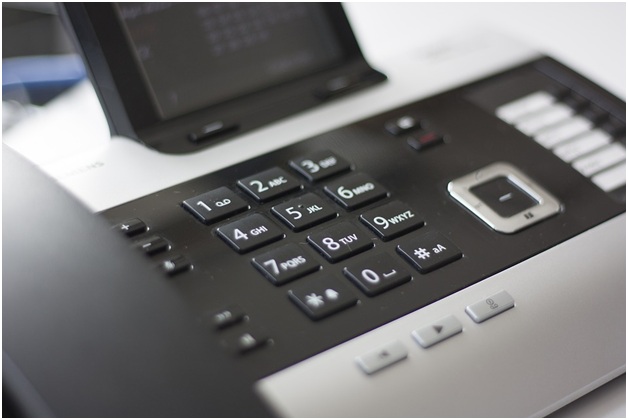Telecommunication technology has come a long way in the past few decades. Use cases that required tons of specialized equipment 20 years ago can now be run on a simple network connection across one Gigabit Ethernet cable.
This is why many organizations are looking to move away from existing phone systems and embrace innovative technology.
While there are a lot of options available, a VoIP phone system is the most obvious choice for most companies. Not only is it budget-friendly, but it can also scale to businesses of all sizes.
The two main options organizations have are cloud phone systems and premise-based solutions.
Basic Differences between Onsite PBX and Hosted PBX
Onsite PBX—or a premise-based solution—requires the hardware and equipment that enable the VoIP system to be stored onsite. For most office buildings, this means a separate server closet that’s dedicated to the VoIP hardware appliances.
With a cloud-based VoIP solution, companies don’t have to worry about hardware and the equipment. The service provider houses the equipment in their cloud data center and is responsible for all maintenance and upgrades.
The company phones are connected to the server via an internet connection and the company pays a hosting fee each month.
Cloud Hosted BX vs. On-Premise PBX Cost Considerations
The biggest deciding factor is the expected costs for each VoIP phone system. With an on-site PBX system, companies have to pay for the hardware, which includes a proper server with several interface cards and several IP phones. For a cloud-hosted PBX system, companies only have to invest in IP phones which connect to a network switch and a router.
Here’s a side-by-side break-down of expected costs for each phone system to provide a clear picture:
| On-Premise PBX | Hosted PBX |
| · High initial cost
· High set-up cost · Potentially high maintenance cost · Low monthly cost after the initial set-up · Network qualification is done by the service provider · All the upgrades are done by the service provider · The PBX provider will provide staff training
|
· Low initial cost
· Low set-up cost · Almost zero maintenance cost · Lower monthly service cost · Customer is responsible for network qualification · Company has to pay for any upgrades · Company has to pay for training the staff · Extra lines can be added easily |
Expansion Costs Considerations
In case the customer wants to expand their phone system, on-site PBX allow them to do so simply by purchasing more equipment. The additional extensions can be created using the existing administrator interface.
However, with a hosted phone system, additional phones require additional programming and changing the existing plan provided by the PBX service provider. Any additional IP phones can also add to the monthly expense that needs to be paid to the host.
Conclusion
Looking at the costs for both options, the hosted PBX system is an easy way for small to medium businesses to transition to VoIP and get to know the new range of features offered by the system.
For organizations that are already familiar with the system, it’s best to get an on-site PBX system which can be scaled up and down according to the business needs with less hassle and less cost.
For highly functional and cost-effective VoIP phone system installation services in Beaumont, get in touch with MHC Datacomm Inc. We can help you improve the internal communications of your organization with our innovative business phone system solutions, cloud hosting options, and network cabling services.
To learn more, contact 409-670-1356 or visit our website
